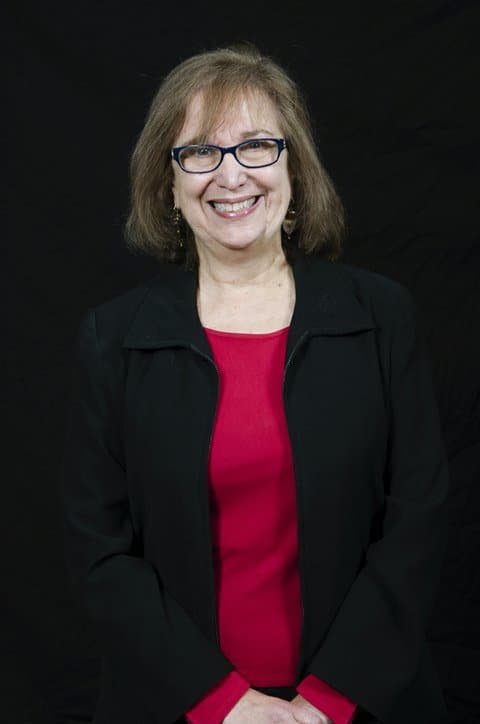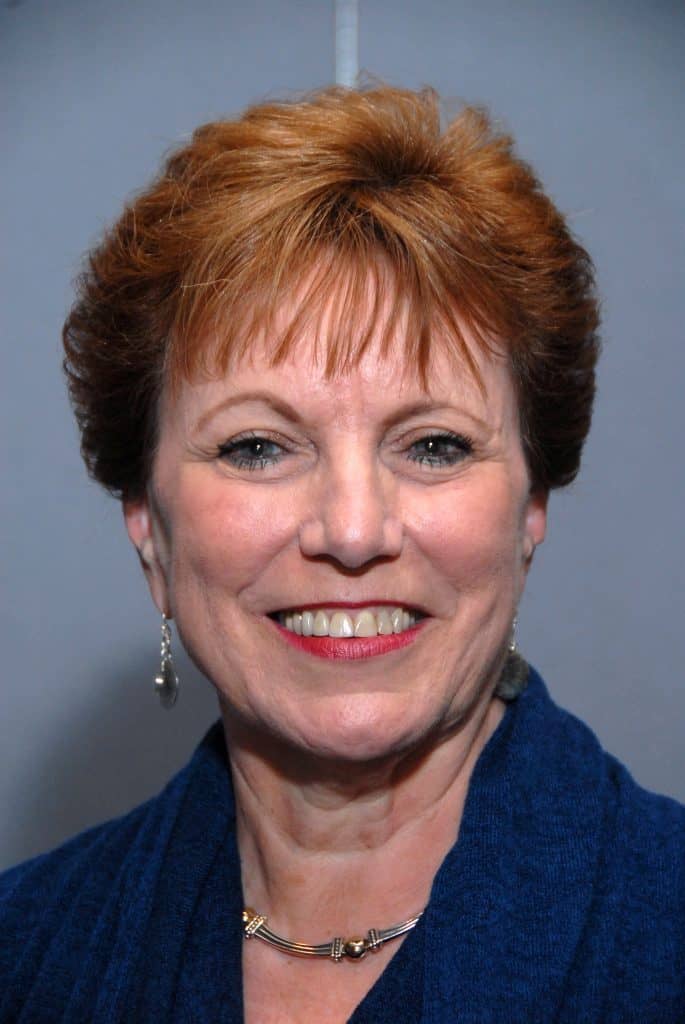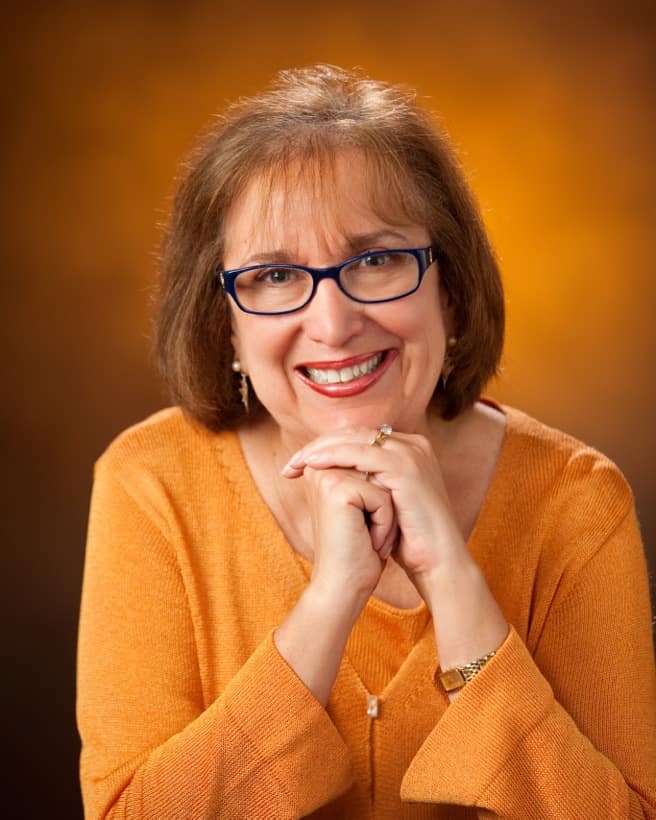Gearing up for its inaugural year, the Kay Usdan Saslawsky Institute for Ethical Leadership launches Spring 2017, sponsored by Jewish Community Partners and held at the MJCC.
The seminar will be facilitated by notable educators and community leaders Rachel Shankman and Rabbi Feivel Strauss, who will teach a curriculum developed by award-winning author and speaker Dr. Erica Brown. Each session will include a leadership case study as well as a Jewish text study component. No previous formal Jewish education is necessary in order to participate.
JCPConnect spoke with facilitator Rachel Shankman about leadership, community, and how emerging leaders can find a role and a purpose in Memphis.
Why is it timely to train a new generation of leaders in the community?
I think from a very practical perspective, the community did a needs assessment recently, sponsored by Jewish Community Partners, and leadership development ranked as one of the very top priorities among the community. I think there’s an awareness that if we want to have a sustainable, knowledge-rich Jewish community, then developing leaders is going to be more critical perhaps than ever.
How does a strong ethical foundation inform a leader’s ability to achieve goals?
A historical example is the best was to address the need for ethics in leadership. If you look back at the history of the Holocaust and look back at the Wannsee Conference and you look at the people sitting around the table making the decision about the final solution, the majority of those people had Ph. Ds.
So what we’ve learned from history is that education without an ethical core can actually take you down a very slippery slope. We have to have that sense of ethics to really be able to develop leadership that can sustain us.
Share your thoughts on Dr. Erica Brown, who created the materials you and Rabbi Strauss will use while teaching the course.
I am a recent devotee of Erica Brown, and I have been looking at her material and then of course I went to the training. To actually be able to witness her as a facilitator was extraordinary. She is so knowledgeable about Judaism but also knowledgeable about human behavior and how to marry those two things. It’s also a marriage of her work and the work of the Florence Melton School of Adult Jewish Learning.
They create extraordinary curricula for Jewish educators and beyond. Many communities have had the Melton Program where they have brought in different scholars and have taught from their curricula, so this is a collaboration with them.
It was such a well-vetted, practical, engaging curriculum that we were thrilled to find it and thrilled to offer it as part of this institute.
How can ancient Jewish texts be useful to a leader in today’s community?
I was the director of Facing History and Ourselves so that kind of gives you the sense that I’m a true believer that we do have to look back to look at both the wisdom, the triumphs and the mistakes of our history to better understand today. I think we are really working on the fact that for many of us we don’t understand clearly enough that so much wisdom, so much knowledge, so much inspiration has come from Jewish text. And so to be able to apply those lessons to today I think connects us to our history and doesn’t give us the void of not understanding that history.
For example, each section looks at a Jewish text, and one looks at what we can learn from failure and it looks back at epic failure on the part of King David, one of our most beloved parts of Judaism. So I think it says let’s look back, let’s take a moment, let’s look at our greatest heroes, who are flawed. I think it gives permission then to people who are moving into leadership to say we need to learn from failure but we don’t need to be defined by it. That richness of that story and the many, many texts that are part of this curriculum I think will have people feel extremely connected to the Jewish tradition and heritage.

Why is active listening an important part of leadership?
I think that developing good listening skills is one of the most challenging aspects of leadership development. I think we’ve all been trained, frankly, to think about debate rather than dialogue- debate meaning you have a point that you want to prove and you’re already thinking about how you’re going to make your point, whereas dialogue, which listening is such a critical part of, as in there’s something I can learn from you, and hopefully in that symbiotic relationship there’s something that you can learn from me. And the only way to really develop that is to acknowledge the significance and the intentionality of stepping back and listening. And that leads you to taking perspective from other people; ideas and suggestions and thoughts, and challenges.
Empathy is important but also humility. Knowing that we don’t have simple answers to these challenges of leadership.
Who is the prime candidate for aptitude in the program?
I love that I hope we’re looking a little outside the box. I think we’re looking for people that do have an interest in their own leadership development with the goal of being able to impact the community, both within institutions if they represent an institution, but equally importantly in a transformative way to be able to think about the Jewish community writ large. I think it’s really critical because I think really that’s a way for us to be getting younger leadership who may not have the same attachments or entry point into demonstrating leadership in the community. We need their energy, we need their wisdom, we need their input as well. I think it’s going to be really helpful
to have a mixture of different people, different ideas. Out of that I hope will come genuine friendships, genuine ways for people to demonstrate and use what they are going to learn through these sessions with us.
Any final thoughts?
Kay was one of my very, very best friends. When her family and friends thought about what was the best way to honor this unbelievably ethical Jewish leader, that’s how all this emerged. We have a 50 year friendship, she was in our wedding, I was in theirs. It’s a meaningful way that I could honor her memory, and I was so honored to be asked to facilitate this, and of course delighted to do this with Rabbi Feivel. It’s very personal as well as an outgrowth of many many things that are near and dear to me and my career in the community.
